"I would say what we can celebrate is the incredible mobilization of the young people. They went everywhere, they knocked on the door, they mobilized. This was an incredible, incredible mobilization. So that was extraordinary because it showed real mobilization and an understanding that the National Rally was a real threat. We knew that if they came to power, the first people who would be targeted would be people of color, and that was absolutely clear."For our snap episode on the snap elections in the UK and France, Professor David Palumbo-Liu and Azeezah Kanji talk with eminent decolonial scholar activists, Françoise Vergès in France and Priyamvala Gopal in the UK. Following the defeat of right wing parties in both countries in the polls, we discuss what's changed with the elections, what hasn't changed, and what should movements, activists, and organizers be focusing on.Priyamvada Gopal is Professor of Postcolonial Studies at the Faculty of English, University of Cambridge and Professorial Fellow, Churchill College. Her present interests are in the literatures, politics, and cultures of empire, colonialism and decolonisation. She has related interests in the novel, South Asian literature, and postcolonial cultures. Her published work includes Literary Radicalism in India: Gender, Nation and the Transition to Independence (Routledge, 2005), After Iraq: Reframing Postcolonial Studies (Special issue of New Formations co-edited with Neil Lazarus), The IndianEnglish Novel: Nation, History and Narration (Oxford University Press, 2009) and, most recently, Insurgent Empire: Anticolonial Resistance and British Dissent (Verso, 2019) which was shortlisted for the British Academy Prize for Global Cultural Understanding and the Bread and Roses Prize. Her writing has also appeared in The Hindu, Outlook India, India Today, The Independent, Prospect Magazine, The New Statesman, The Guardian, Al-Jazeera English (AJE) and The Nation (USA). She is working on a new project called Decolonization: the Life and Times of an Idea which examines a range of thinkers, contexts and struggles across the Global South.Françoise Vergès is a writer and decolonial antiracist feminist activist. A Reunionnese, she received an education that ran counter to the French hegemonic school from her anticolonial communist and feminist parents and the members of their organisations. She received her Ph.D in Political Theory from Berkeley University in 1995. She remained an activist during these years, collaborated on Isaac Julien’s film "Black Skin, White Masks » and published in feminist and theory journals. She has taught at Sussex University and Goldsmiths College and has been a visiting professor at different universities. She has never held a teaching position in France but created the Chair Global South(s) at Collège d’études mondiales where she held workshops on different topics (2014-2018). She was president of the National Committee for the History and Remembrance of Slavery (2009-2012), was a co-founder of Decolonize the Arts (2015-2020), the director of the scientific and cultural programme for a museum project in Reunion Island (2004-2010, a project killed by the State and the local conservatives). She is the convener and curator of L’Atelier a collective and collaborative seminar/public performance with activist and artists of color. Recent publications include: Programme de désordre absolu. Décoloniser le musée (2023), A Feminist Theory of Violence (2021), De la violence coloniale dans l’espace public (2021), The Wombs of Women. Capital, Race, Feminism (2021), A Decolonial Feminism (2020).www.palumbo-liu.comhttps://speakingoutofplace.comhttps://twitter.com/palumboliu?s=20www.instagram.com/speaking_out_of_place



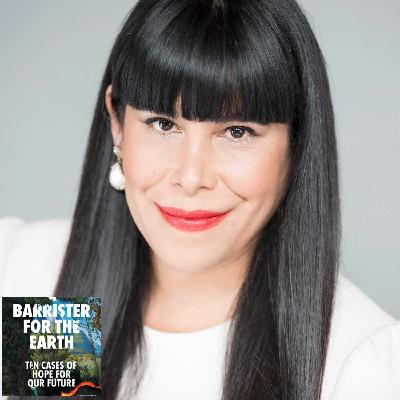


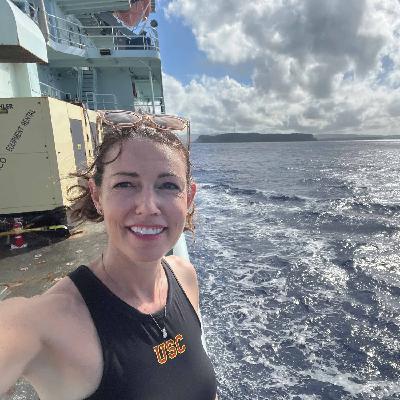




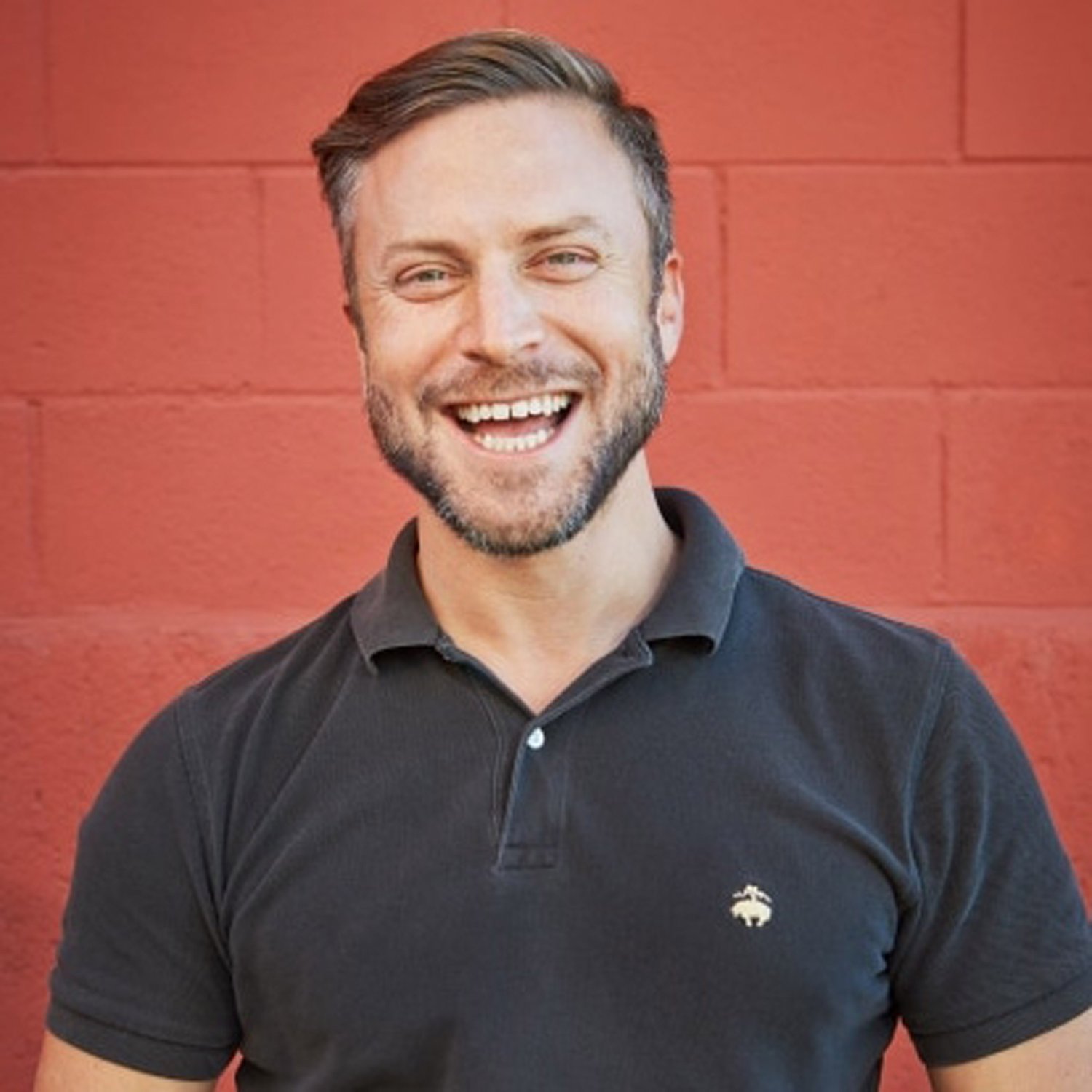
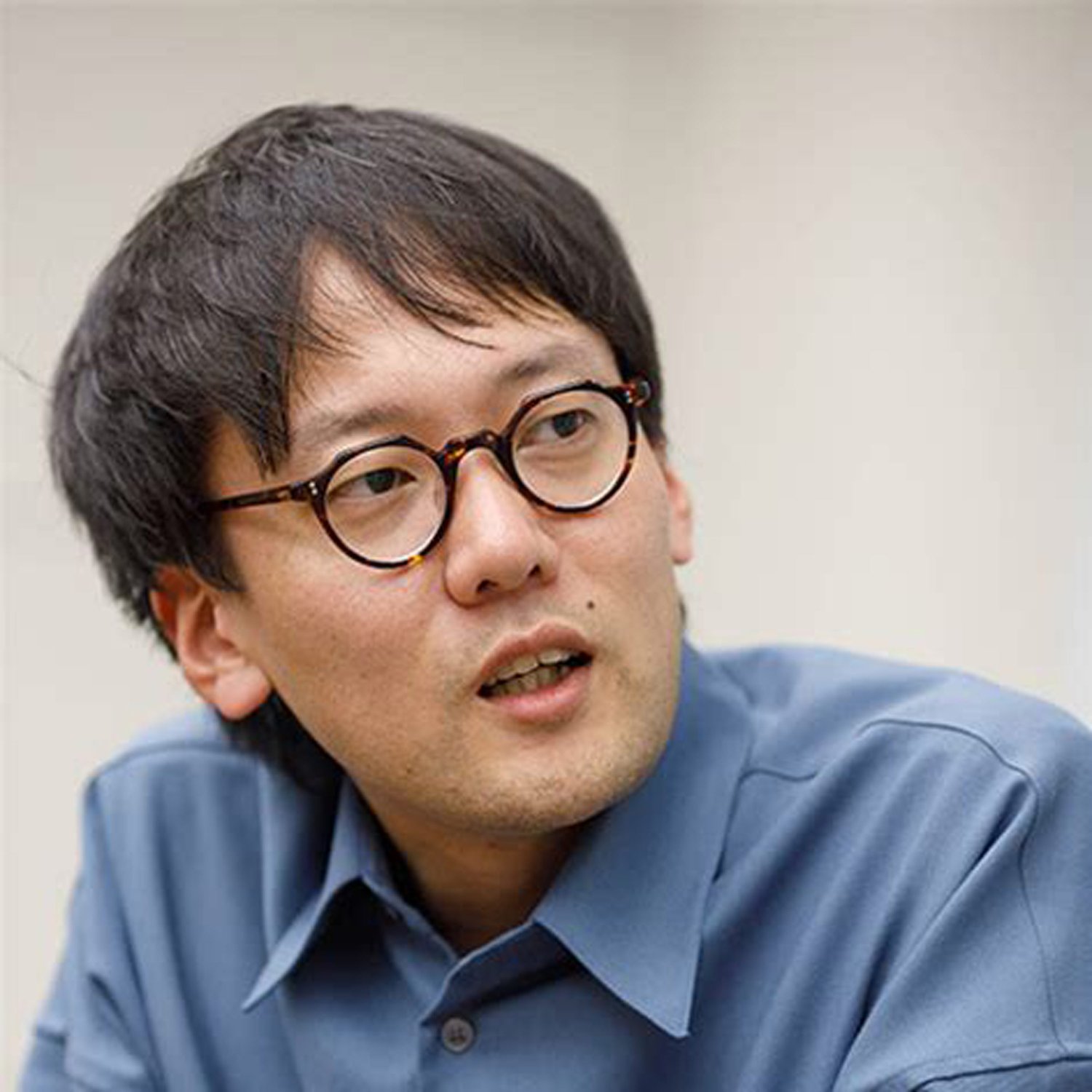

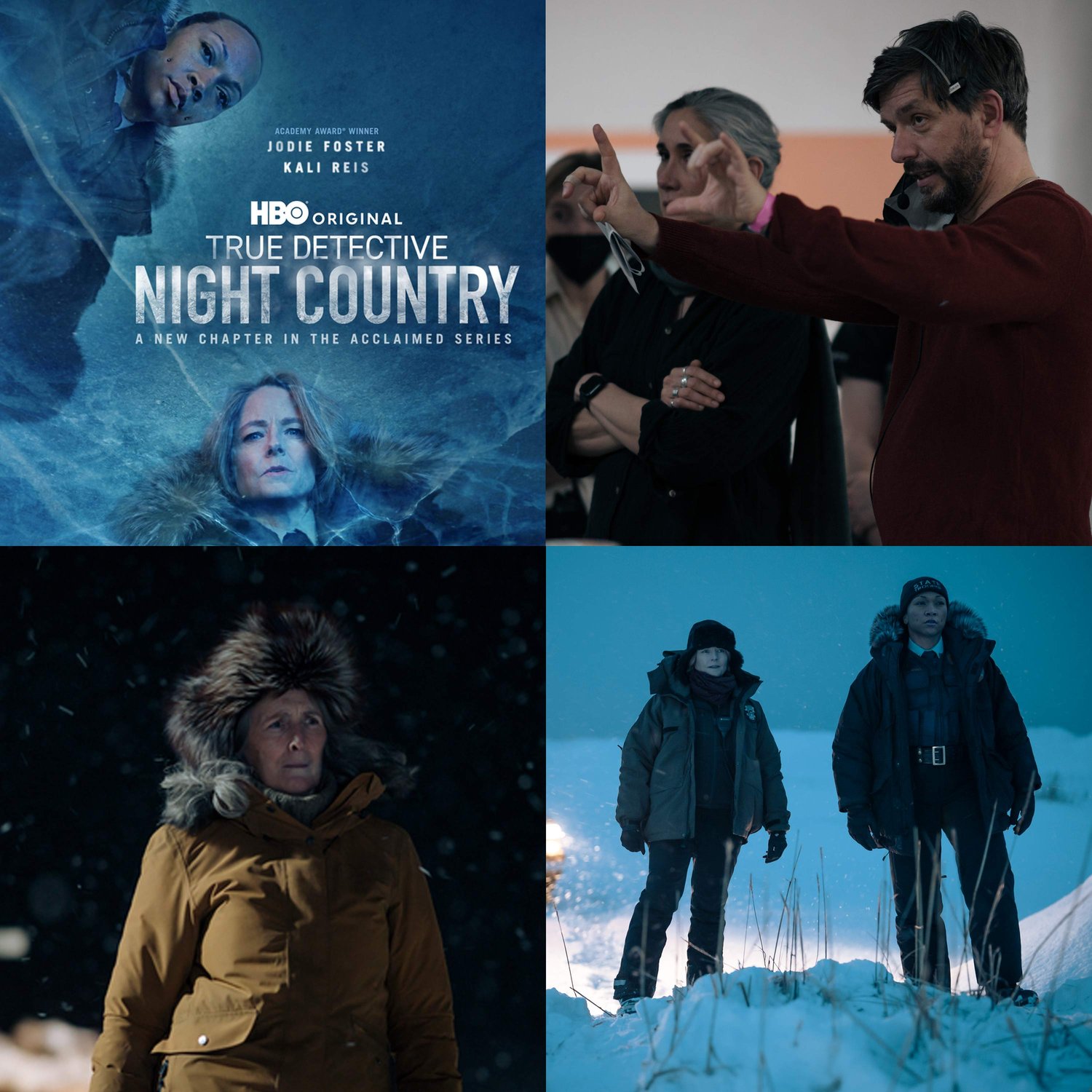
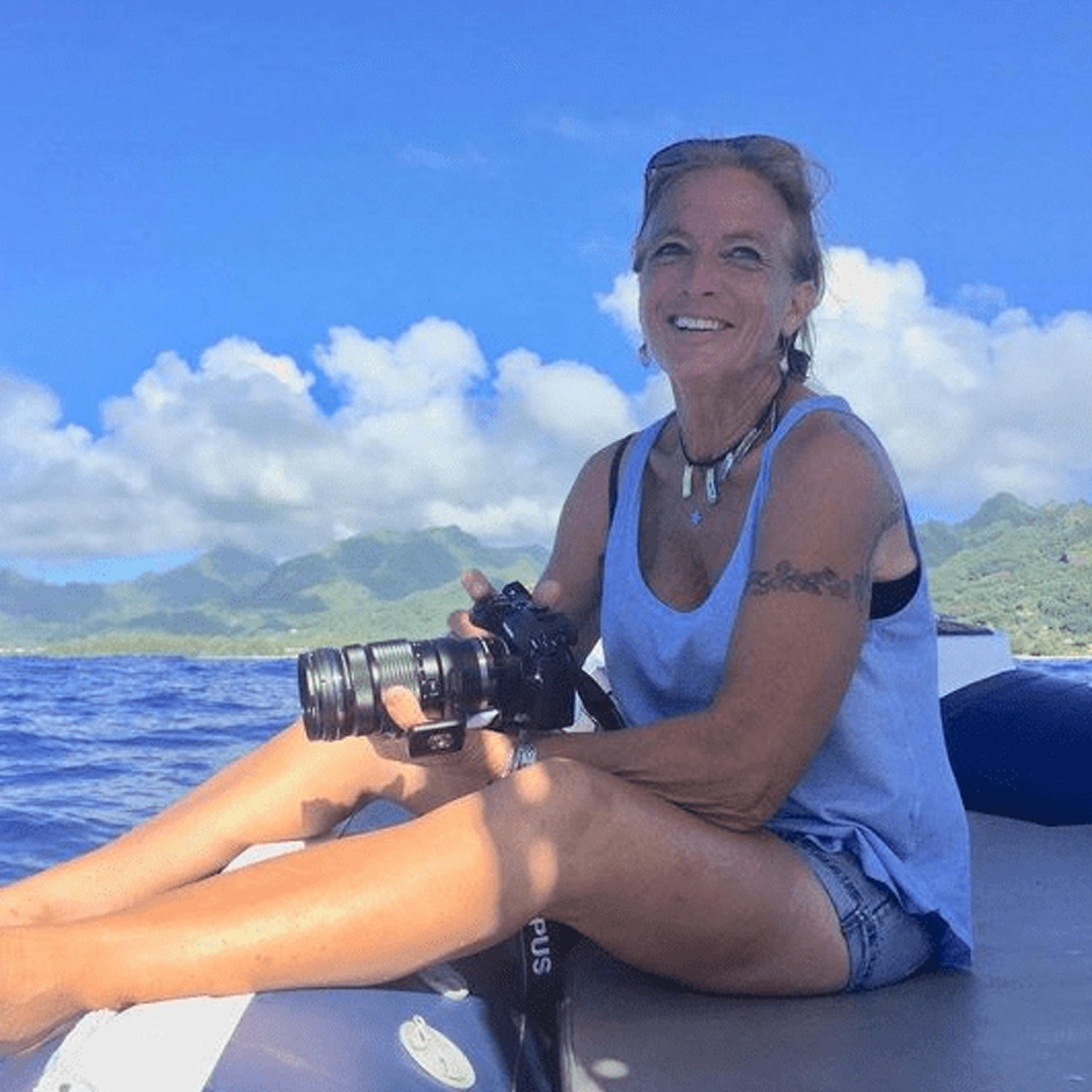

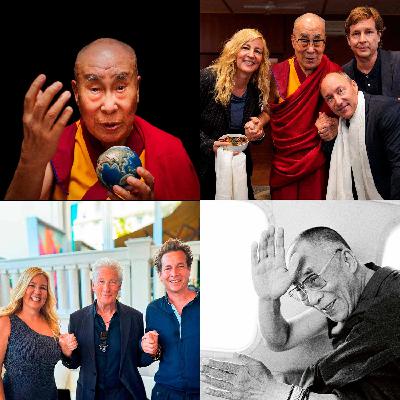








Awesome interviews and very informative!